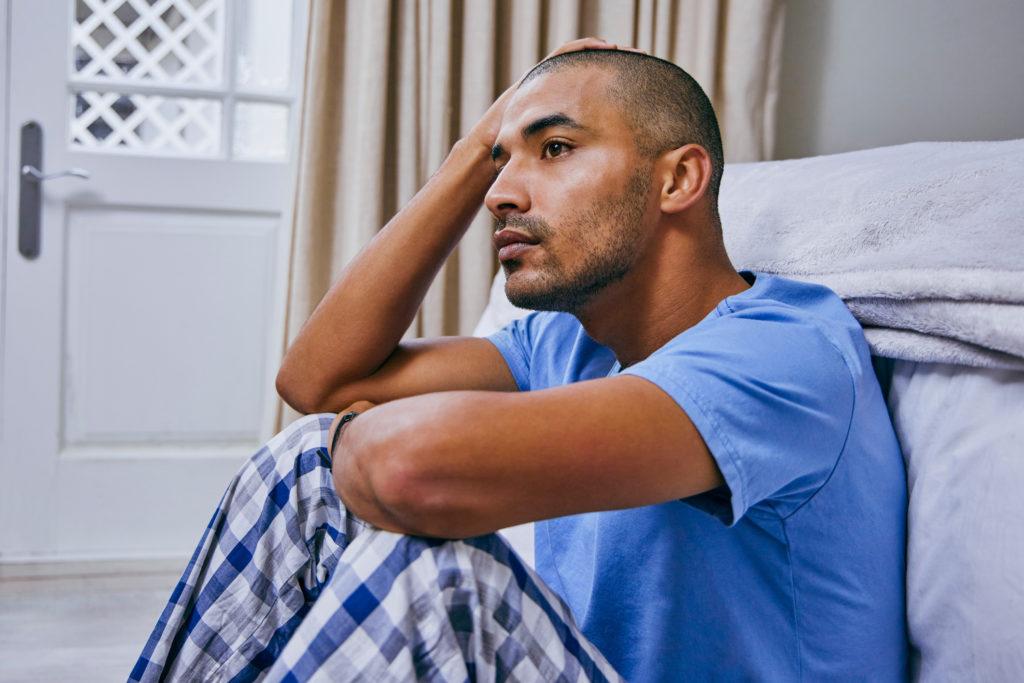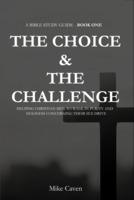-Dr. Brené Brown: “Shame Is Lethal” | SuperSoul Sunday | Oprah Winfrey Network
– Conviction – Guilt – Condemnation – Shame – Which Is It? Mike Caven
* * * * *
Quotes:
We feel guilty for what we do. We feel shame for what we are.
Lewis B. Smedes
* * * * *
Shame is the warm feeling that washes over us, making us feel small, and never good enough.
Brene Brown
* * * * *
The intensely painful feelings or experience of believing that we are flawed and
therefore unworthy of love or belongings.
“I am Bad.” – “I am a Mess.”
The focus is on self, not behavior, with the result that we feel alone. Shame is never known to lead I was toward positive change.
Brene Brown
* * * * *
fixing our eyes on Jesus, the pioneer and perfecter of faith. For the joy set before him he endured the cross, scorning its shame, and sat down at the right hand of the throne of God.

Oprah Winfrey interviews Brene Brown on the topic of Shame
(This YouTube Video is 4:26 Minutes in Length, Below is the Transcript)
Oprah is the color PURPLE
Brene is the color BLACK
* * * * *
So first of all let’s just talk about shame –
you’ve studied it
I did
not many people have studied it
no
in fact I wanted to study it
and a lot of people said no
don’t study it – don’t study it
and then I was kind of a rebel rouser
you know
Hell raiser
and so I thought oh no
I’m gonna study it definitely if I shouldn’t study it
and I go to the book stacks at the library at the college
and the first article I pull says
the decision to study shame
has been the death of many academic careers
oh my goodness
I was like
student loans
death of the career
oh my god
Wow
yeah
you know why
why
nobody wants to talk about it
yes
we have a visceral reaction to the word shame
so you say that
with your – are if you’re like on an airplane
they say, what do you do?
and you say
I study shame
people they literally turn the other way
I have answers based on whether I want to chat or not
yes
and the answer
I say courage – oh yeah
I say shame – oh ah
these baby birds are fantastic aren’t they
wrap it up
yeah
ya know – the one two three is about shame
we all have it it’s the most human primitive emotion that we experience
how do you define
it the intensely painful feeling
that we are unworthy of love and belonging
and does that occur after a particular incident
or does it occur
over
you know
many life experiences
both
both
it could
it could happen in an instant
you know there are specific memories
that we can recall
that can bring up shame for us
but there are also very insidious quiet messages
that we just marinate in over a life time
this is what I have always known about
and tried to get across to people
and don’t think I was successful at it really
in the 25 years of the Oprah show
the thing about abuse
in particularly sexual abuse
most people think it’s about the sex
it’s really about the shame
that occurs after the sex and it’s keeping it the secret
and we’re only as as liberated as our secrets
and the secret creates the shame
and you end up feeling like you’re a bad person
and it’s the shame that damages your life
the actual act itself
people can get over that
but it’s the shame that you carry with it
there is no question in my mind
oh but sure about
that that’s just truth
that shows like
God truth yeah
I think shame is lethal
I think shame is deadly
and I think we are swimming in it deep
do people recognize
no
I think people don’t recognize
people have one or two reactions
when I say shame
they say
I don’t know what you’re talking about
but that has nothing to do with me
yep yep yep
I know exactly what you’re talking about
and I’m not talking about that
but here’s the bottom line with shame
hmm
the less you talk about it the more you got it
Shame needs three things to grow exponentially in our lives
-secrecy
-silence and
-judgement
yeah
so you put shame in a petri dish
yeah
and you douse it with
-a little secrecy
-a little silence and
-a little judgment
it grows exponentially
it will creep into every corner and crevice of your life
and shape all of your
shape everything
shape everything
the way you think you
think about yourself
the way you think about other people
don’t worry interact with other people
what you do
the choices you make
who you marry
all of it
yeah
you put the same amount of shame
in a petri dish
and you douse it with empathy
mm-hmm
you’ve created an environment that is hostile to shame
shame cannot survive being spoken
it cannot survive empathy
so if I call you
if I
something really shaming happens to me
and you talk about it
and I call you and I say
oh god Oprah its Brene
you’re not gonna believe what happened
I’m in such deep shame
and you say what’s going on
and I tell you and you express empathy
yes
shame can’t survive it
shame depends on me buying in
to the belief that I’m alone
hmm
you know I have a good friend Robert Hilliker who I work with
and he’s a therapist
and he always says
hey keep the shadow up here because it can only take you down from behind
whoa that’s good yeah
* * * * *
* * * *
* * *
* *
* * * * *
Brené Brown on Empathy
* * * * *
Quotes:
Empathy is the understanding that another person’s world is just as real as your own.
Anonymous
* * * * *
It’s extremely powerful to hear someone say, “I get you. I understand. I see why you feel this way.”
This kind of empathy disarms us.
Daniel J. Siegel
* * * * *
People will hear you better if you speak from a voice of compassion instead of authority.
They long to be understood more than to be lectured.
Dodinsky
* * * * *
Connection:
The power that exists between people when they feel seen, heard,and valued.
Brene Brown
(This YouTube Video is 2:53 Minutes in Length, Below is the Transcript)
(GASPS)
So, what is empathy and why is it VERY different than sympathy?
Empathy fuels connection.
Sympathy drives disconnection.
It’s very interesting.
Theresa Wiseman is a nursing scholar who studied very diverse professions where empathy is relevant and came up with four qualities of empathy.
Perspective taking – ability to take the perspective of another person,
or recognise their perspective as their truth.
Staying out of judgment – not easy when you enjoy it as much as most of us do. (AUDIENCE CHUCKLES)
Recognising emotion in other people, then communicating that.
Empathy is feeling WITH people.
I always think of empathy as this kind of sacred space.
When someone’s in a deep hole and they shout from the bottom…
..And we look and we say,
“Hey!”
And climb down…
Sympathy is,
“Ooh!”
(LAUGHTER)
“It’s bad, uh-huh?”
(LAUGHTER)
“Uh…
No.
You want a sandwich?”
Empathy is a choice and it’s a vulnerable choice.
In order to connect with you,
I have to connect with something in myself that knows that feeling.
Rarely, if ever,
does an empathic response begin with,
“At least…” (LAUGHTER)
Yeah.
And we do it all the time because,
you know what?
Someone shared something with us that’s incredibly painful
and we’re trying to “silver lining” it.
I don’t think that’s a verb,
but I’m using it as one.
We’re trying to put a silver lining around it.
So,
“I had a miscarriage.”
“At least you know you can get pregnant.”
“I think my marriage is falling apart.”
“At least you have a marriage.” (LAUGHTER)
“John’s getting kicked out of school.”
“At least Sarah is an A-student.”
One of the things we do sometimes in the face of very difficult conversations is we try to make things better.
If I share something with you that’s very difficult,
I’d rather you say,
“I don’t even know what to say. – I’m just so glad you told me.”
Because the truth is,
rarely can a response make something better.
What makes something better is connection.
(GASPS)

